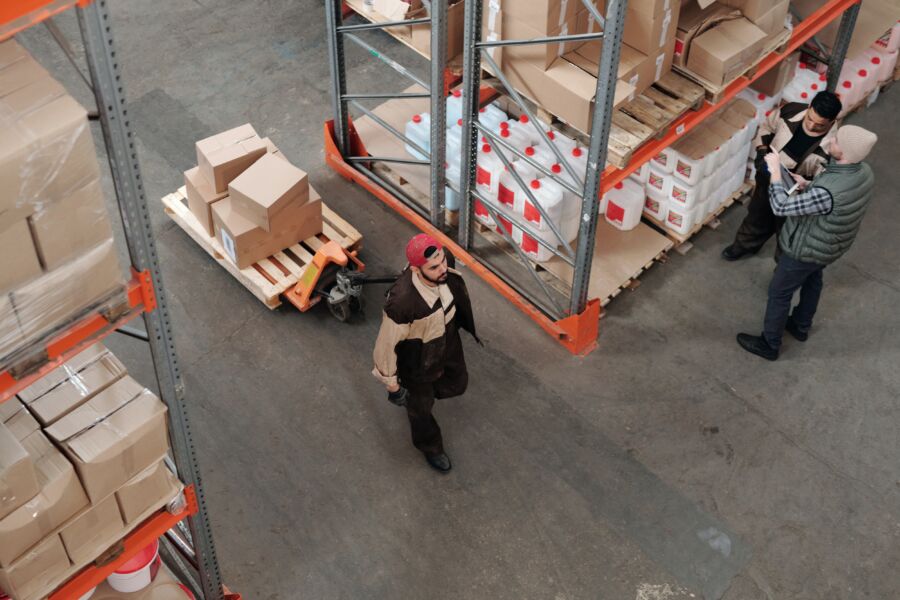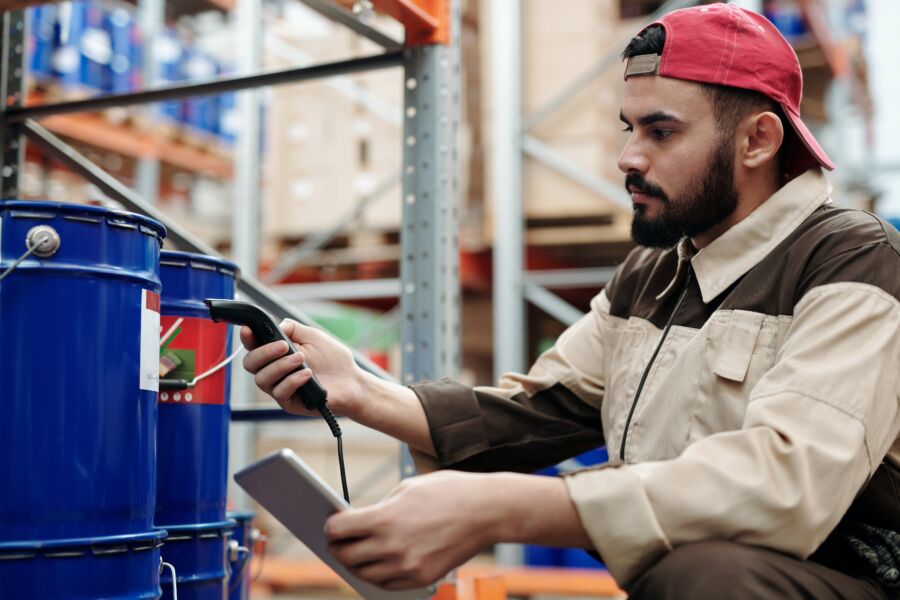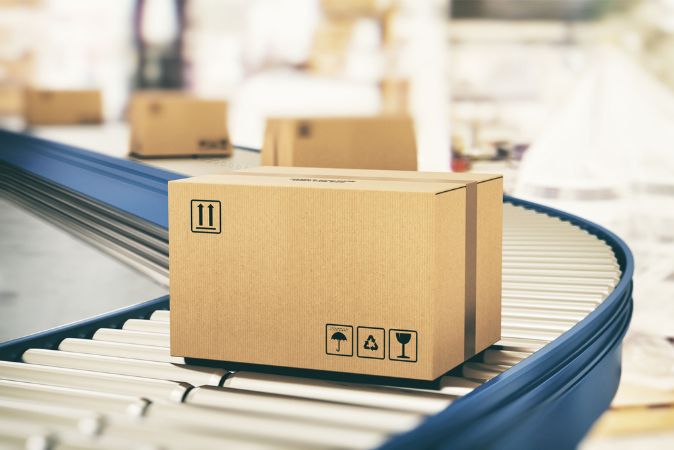What brands are doing it right
Automation and efficient return management are some of the ways in which logistics systems become more effective and sustainable. Here are some examples of companies that are doing it right.
Element Logic
Element Logic is a company that has paved the way for innovative and sustainable logistics solutions, particularly through their Autostore system. Autostore is an automated warehouse system that optimizes warehouse operations and contributes to increased efficiency while reducing environmental impact.
Traditional warehouses require a lot of floor space, but Autostore utilizes vertical space more efficiently. By stacking containers vertically and using robots to retrieve and store goods, Autostore can maximize storage capacity and enable companies to operate smaller and more compact warehouses. By reducing the need for physical space, not only does it decrease the use of land and resources, but it also reduces energy consumption for lighting, heating, and cooling. Element Logic’s Autostore solution can also be easily integrated with IMI warehouse management system. Click here to read about Aim’n, which uses both IMI GO! and Element Logic’s Autostore solution.
EasyCom
Easycom is a company that has made great strides in sustainable logistics, and their return management offering is designed to reduce waste, improve customer satisfaction, and minimize environmental impact. Easycom is built on the same platform as IMI GO!, which makes Easycom’s efficient return management solution a natural complement to IMI GO!
Easycom’s return system is a streamlined and user-friendly system designed to help businesses and customers return products. By streamlining the entire process, the system helps minimize errors, reduce manual work, and accelerate the processing time for returned goods. The result is not only a better customer experience but also optimal use of resources while reducing environmental impact by avoiding unnecessary transportation and storage.
Conclusion
In conclusion, creating more sustainable supply chains and logistic systems is a must-do for businesses that want to stay ahead of the game and maintain a positive reputation. By adopting sustainable practices like automation, optimizing transportation routes, digitalization, and tracking costs, companies can reduce their environmental impact, save costs, and improve operational efficiency. These practices also demonstrate a commitment to sustainability, which can enhance brand reputation and customer loyalty. So, let’s prioritize sustainability in our supply chains and logistics and do our part to create a better future for all.





